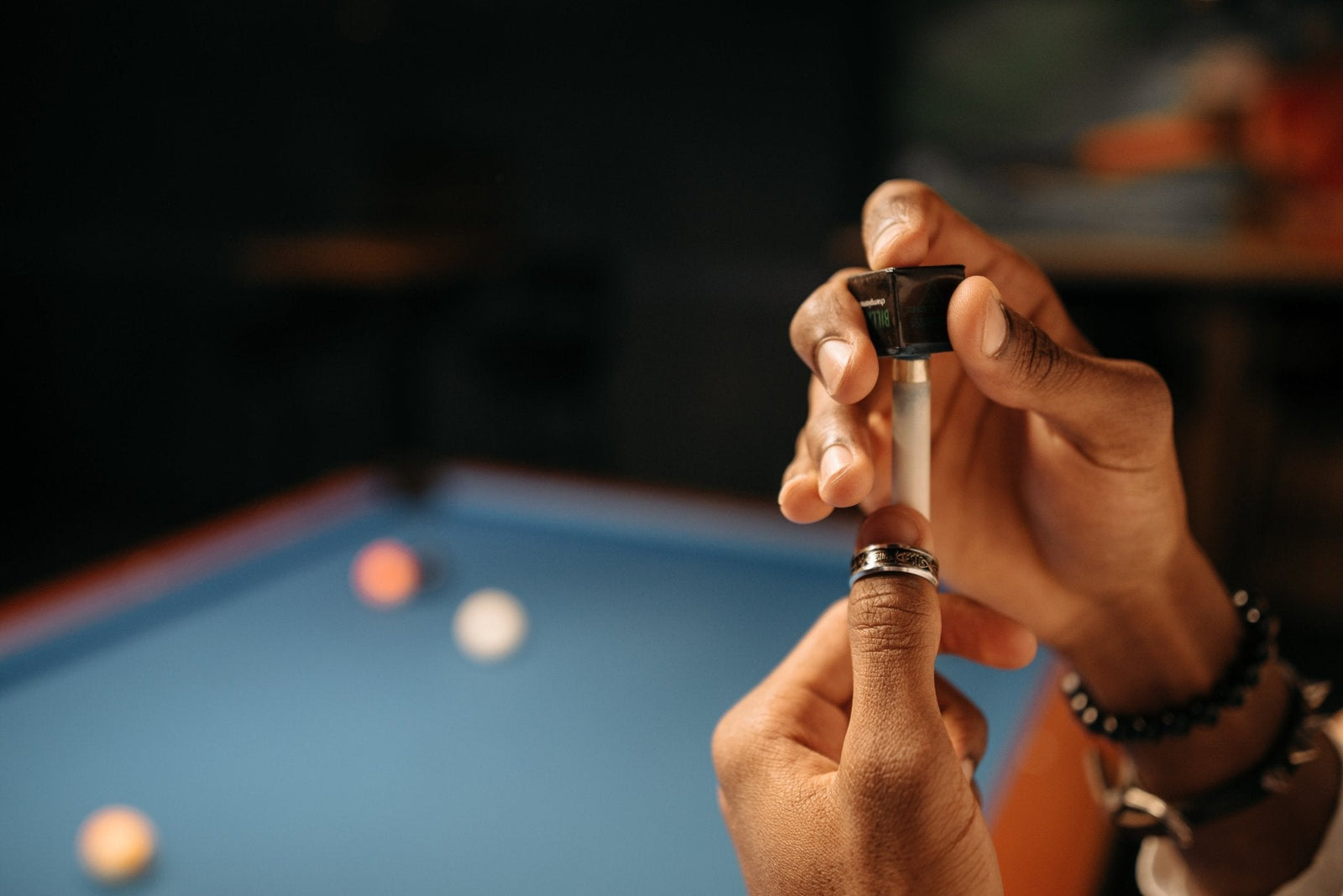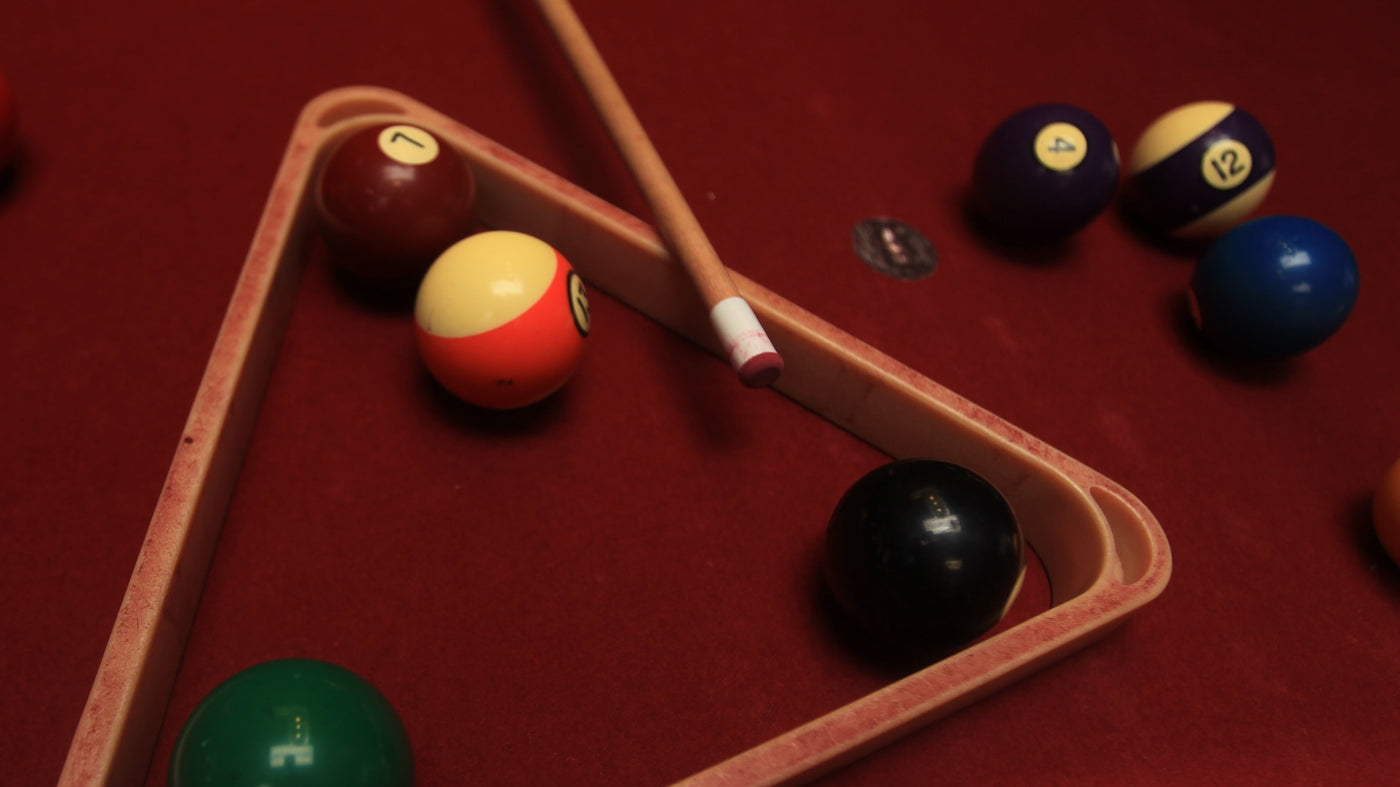Billiards chalk might seem like a trivial accessory, but it plays a crucial role in your game's performance. Selecting the right billiards chalk can help you achieve better control over the cue ball, reduce miscues, and ultimately improve your accuracy on the table. Let's dive into the factors that can help you select the perfect chalk for your needs.
Table of Contents
- The Importance of Chalk in Billiards
- Types of Billiards Chalk
- Factors to Consider When Choosing Chalk
- Using Chalk Effectively
- Texture and Consistency
- Budget Considerations
- Brand Reputation
- Maintaining Your Chalk
- Conclusion
- Frequently Asked Questions
The Importance of Chalk in Billiards
Why Chalk Matters
Billiards chalk might seem like a minor detail, but it's a critical tool that ensures consistent cue ball control. It enhances your grip on the cue tip and prevents dreaded miscues.
Precision and Control
The primary purpose of billiards chalk is to increase the friction between the cue tip and the cue ball. This added grip allows you to apply English and spin with precision.
Avoiding Miscues
When you use chalk correctly, you reduce the chances of miscues – those frustrating moments when the cue tip slips off the cue ball, causing you to miss your shot.
Types of Billiards Chalk
When it comes to billiards chalk, there are several options available, each with its unique characteristics.
Standard Chalk
Standard chalk is the most common and affordable option. It provides a decent grip and is suitable for casual players.
Master Chalk
Master chalk is a step up in quality. It strikes a balance between performance and affordability. Master chalk offers a smoother texture and better grip, making it a preferred choice among intermediate players.
Kamui Chalk
Kamui chalk is the premium choice for serious players. It boasts exceptional consistency, reduced chalk residue, and improved cue ball control.
Factors to Consider When Choosing Chalk
Your Skill Level
Your skill level should influence your chalk choice. Beginners might opt for budget-friendly options, while advanced players may prefer high-end chalk.
Table Conditions
Consider the condition of the billiard table you frequently play on. Some tables may require chalk with a specific grip level.
Frequency of Use
How often you play can also impact your chalk selection. Frequent players might invest in premium chalk, while occasional players can opt for standard options.
Using Chalk Effectively
Proper Chalking Technique
To get the most out of your chalk, ensure you apply it evenly and thoroughly to the cue tip before each shot.
Avoid Over-Chalking
While chalk is essential, too much of it can lead to a messy table and reduced cue ball control. Find the right balance.
Texture and Consistency
The texture of your chalk matters more than you might think. It affects your grip on the cue tip and, consequently, your shot accuracy.
Smooth vs. Rough
Some chalk options are smoother, while others have a rougher texture. Experiment with both to see which feels more comfortable in your hands.
Budget Considerations
Chalk prices can vary widely. Consider your budget and how often you play when choosing between high-end and budget-friendly options.
Brand Reputation
Reputation matters in the world of billiards chalk. Stick to chalks from reputable manufacturers with positive user reviews.
Maintaining Your Chalk
Properly maintaining your billiards chalk is essential to ensure it lasts longer and performs consistently. Here are some examples of how to maintain your chalk effectively:
-
Keep It in a Chalk Holder or Pouch:
Invest in a chalk holder or pouch to protect your chalk from dust, moisture, and accidental damage. These accessories are designed to keep your chalk in optimal condition when not in use. -
Store in a Cool, Dry Place:
Avoid exposing your chalk to extreme temperatures, direct sunlight, or high humidity. Store it in a cool, dry place, preferably in a billiards bag or case. -
Clean the Chalk Holder:
If you use a chalk holder or pouch, make sure to clean it regularly. Dust and debris can accumulate inside, affecting the cleanliness of your chalk. -
Avoid Excessive Pressure:
When chalking your cue tip, apply gentle and even pressure. Avoid pressing too hard, as this can cause the chalk to break or crumble. -
Rotate the Chalk:
Rotate the chalk in the holder or pouch regularly. This helps distribute wear and tear more evenly across the chalk block. -
Clean the Cue Tip:
Before chalking, ensure that your cue tip is clean and free of chalk residue. A clean tip allows the new layer of chalk to adhere better. -
Tap Off Excess Chalk:
After chalking, tap the cue tip lightly on the edge of the table or your hand to remove any excess chalk. This prevents over-chalking, which can lead to excessive residue on the cue ball. -
Use a Chalk Shaper or Scuffer:
Periodically, use a chalk shaper or scuffer to reshape and roughen the surface of your cue tip. This promotes better chalk adhesion and cue ball control. -
Keep Hands Dry:
Ensure your hands are dry when handling chalk. Moisture from your hands can transfer to the chalk block, affecting its consistency. -
Replace Chalk When Necessary:
Over time, chalk will wear down, and its consistency may change. When you notice a significant decrease in performance or see the chalk block is almost used up, it's time to replace it with a new one. -
Clean the Cue Ball:
Occasionally, clean the cue ball to remove any chalk residue or dirt. A clean cue ball will help maintain chalk performance. -
Avoid Dropping Chalk:
Be cautious when handling chalk to prevent accidental drops, which can lead to chipping or cracking.
By following these maintenance tips, you can extend the lifespan of your billiards chalk and ensure it provides consistent performance over time, contributing to better cue ball control and reduced miscues during your games.
Conclusion
Selecting the right billiards chalk is a personal choice, but it can significantly impact your game. Consider your playing style, budget, and personal preferences when making your selection. With the right chalk, you'll notice an improvement in your cue ball control, reduced miscues, and ultimately, a more enjoyable and successful time on the billiards table. So, choose wisely and chalk up for success!
We hope this guide helps you select the right chalk for your billiards journey. To explore a variety of chalk options, be sure to visit our store for an extensive selection.


